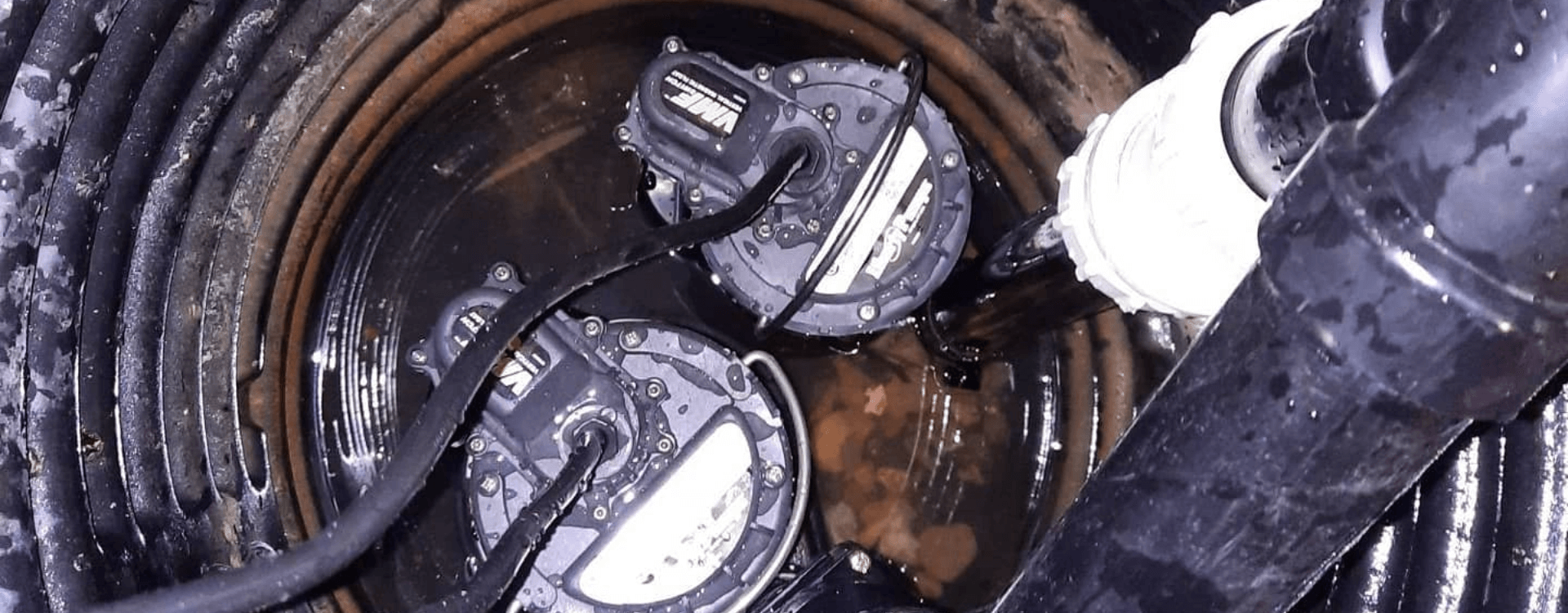When it comes to choosing septic systems, septic services companies can offer a range of options. What you choose depends on a number of different factors including the size of your household, the type of soil you have on your property or how close your household is to local water systems. In addition to this, local regulations can vary. This is something that your local septic systems contractor should be aware of. Here is a quick overview of some septic systems available to you, so you can be more informed about what will be best for the needs of your household.
Septic tank
Arguably the most well-known type of septic system, a septic tank consists of a watertight tank buried beneath the surface of the soil. The heavy solids that are in the tank sink to the bottom with lighter solids or grease floating to the top. Wastewater is then dispersed onto a drain field where it can be treated and dispersed as necessary.
Conventional
A conventional septic system includes a septic tank and a layer of geofabric and gravel or stone in the drain field (the idea being that the geofabric keeps the stone layer clean).
Chambers
While gravel can be useful for some homes and small businesses, it is not always appropriate. In some areas, stone may not be readily available. Therefore an alternative is to use plastic chambers as an alternative to the gravel layer.
Drip Distribution
If you do not want to use additional soil, drip distribution only requires insertion into the top 6 to 12 inches of soil on your property. This system is useful as it can be a part of a wide array of drain fields. However, you will need to use a larger septic tank and additional electrical power. The additional electrical power also means increased maintenance, so these costs will have to be factored in.
Aerobic Treatment Units (ATU)
An ATU effectively works like a smaller version of a sewage plant, injecting oxygen into a treatment tank. This creates more bacterial activity within the system, with some ATU septic systems also coming with a pre-treatment and final treatment tank to further increase this.
This type of system is worth considering if you have a smaller property with less lot space, the wrong type of soil for other systems or if you are too close to water bodies that are at risk of contamination.
Choosing the right system
As stated before, there are no single types of septic systems that cover all potential requirements people may have, due to the fact that different house sizes, environmental factors and soil types can all affect what type of system will be best suited to that particular property.
By discussing this with an experienced septic systems installation contractor, they will be able to look over your property and give you recommendations based on what will be best suited to your individual circumstances, giving you the best and most efficient septic system for you.



